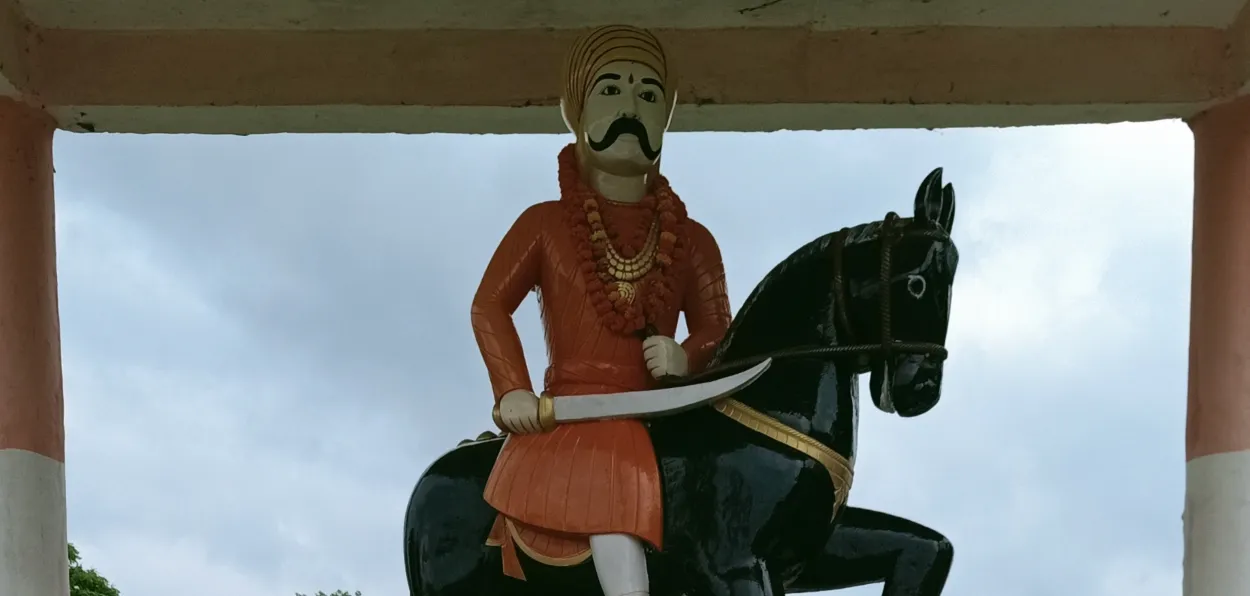
Saquib Salim
Mirzapur, a district in Uttar Pradesh, is all over the news because of a web series of the same name streaming on an OTT platform. In this, the place has been portrayed as a center of political violence. This seems far off from another reality of Mirzapur that it was one of the important centers of the first war of national independence in 1857.
Jhuri Singh was one of the revolutionaries who fought valiantly against the British forces in Mirzapur, which then included Bhadohi as well.
In June 1857, Udwant Singh declared freedom and cobbled a revolutionary army. The English forces led by W. Moore, Joint Magistrate of Mirzapur and chief superintendent of Raja of Banaras, captured Udwant by deceit and hanged him.
On assuming the command of the revolutionary army, Jhuri Singh attacked Moore and his troops at an Indigo factory at Pali on 4 July 1857 (a place now in Bhadohi district) with his army of 200 revolutionaries. Moore was beheaded, as revenge for Udwant’s hanging, his severed head was displayed as a war trophy and placed at the feet of Udwant’s widow.
In retaliation, the next morning a regiment of the English army marched on to Suddoopur and Purroopur, villages in search of revolutionaries. After a pitched battle, the English were able to capture the villages and burnt down most of the houses there. A reward of Rs 1000 was declared for capturing or killing Jhuri Singh. Similar rewards were declared on the heads of his associates Matabheek, Matabakhsh Singh, and Surnam Singh.
.jpg) The Statue of Jhuri Singh
The Statue of Jhuri Singh
Moore and his men hanged 8 Indians and sent 15 others to the Andamans. However, Jhuri could not be arrested.
For the next several months, Jhuri Singh posed a great threat to the English army in the region. He commanded more than 1500 armed men and would attack army posts at different locations. At Gopiganj, Bisauli and several other places in Mirzapur Jhuri attacked the English and their collaborators. They looted money from English sympathisers to fund their revolutionary army. Kunwar Singh of Bihar also worked closely with him in the region.
In May 1858, Jhuri was on a campaign against the English posts in Mirzapur and Jaunpur and attacked a major English factory in Machli Shahar. The British intelligence maintained a separate file on the movements and activities of Jhuri Singh.
The British reports considered Jhuri Singh as the leader of the revolutionaries in Mirzapur and the only threat in Banaras, Ghazipur, and Mirzapur. A report says, “The reports from this district (Mirzapur) relate mainly to the acts of Jhoorye Sing (Jhuri Singh).”
ALSO READ: Bikhpur where Hindus have been observing Ashura for 175 years
Nobody could get the reward to capture Jhuri Singh. In early August 1858, he died of Cholera while still leading the revolutionary battle.
